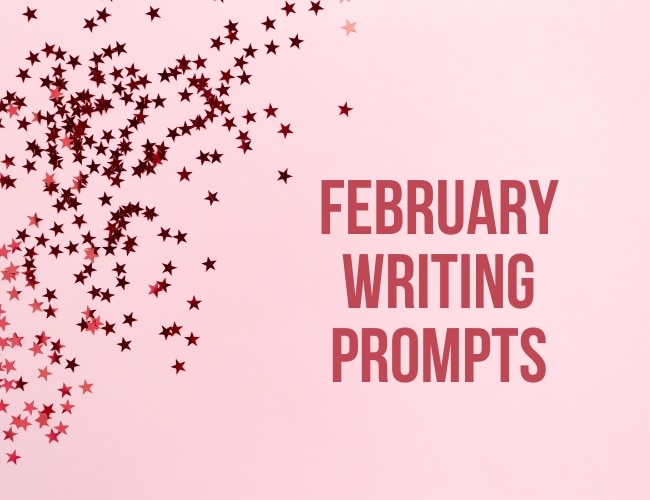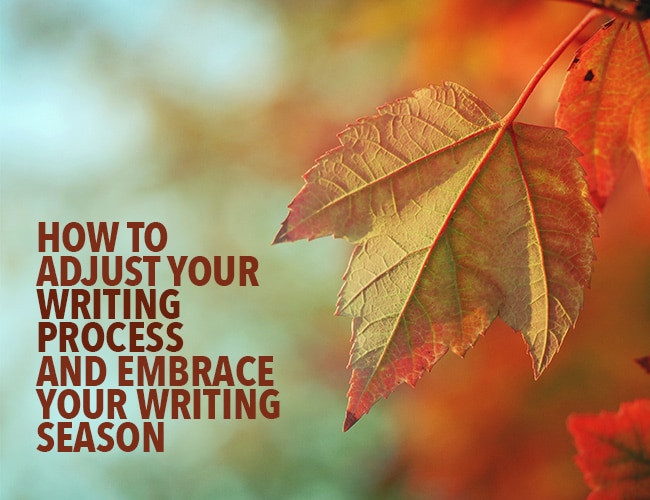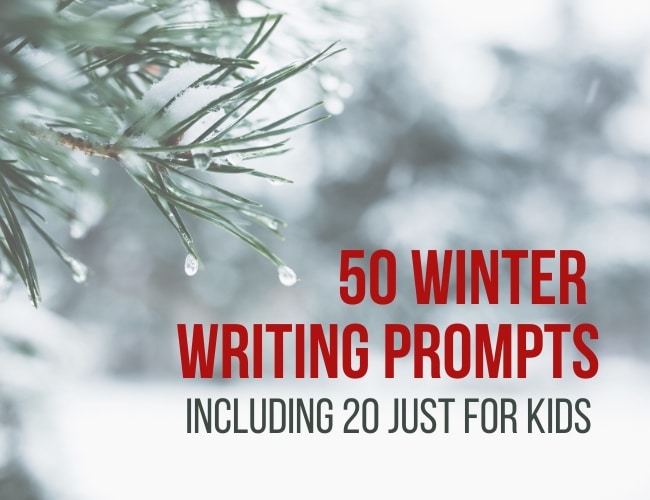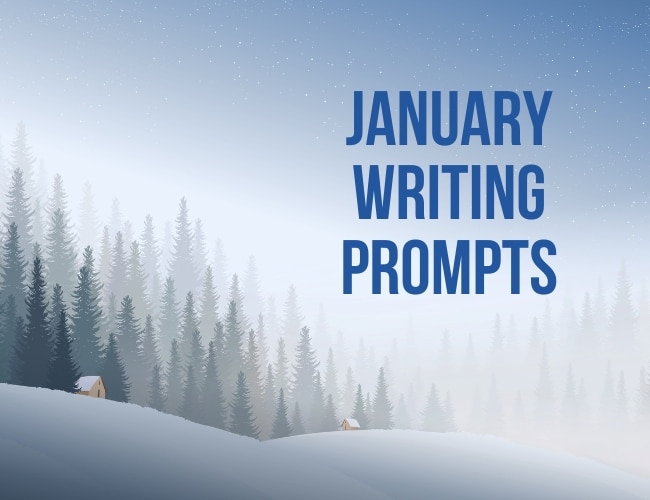
February Writing Prompts
The shortest month of the year is here, and with it we have some creative writing prompts to keep you warm and writing all month long. Check out our February writing prompts today.

The shortest month of the year is here, and with it we have some creative writing prompts to keep you warm and writing all month long. Check out our February writing prompts today.

Writing is a solitary profession for the most part, but sooner or later, we realize we need a network of people, from beta readers to editors and eventually readers. Some writers retreat, discouraged by unkind comments or unsupportive friends or family, believing that someday, somehow their work will reach a wider audience.
But writing alone and hard work aren’t enough by themselves. Very few writers can write and launch a book and career entirely in isolation. (Plus, being a part of a writing or creative community is much more fun.)
Here are a few small steps for finding, joining, or building a writing community.

Writer’s anxiety is often caused by a belief that I MUST BE WRITING ALL THE THINGS ALL THE TIME. It simply isn’t true. Even those who write full time recognize that there are seasons to writing, just as there are seasons of life.

The winter season may evoke mixed emotions for you as a writer, depending on where you live and your experiences. But these winter writing prompts for adults AND for kids can help you explore this season and make the most of your winter months.

January! That month full of fresh starts and in some parts of the world, bitter cold and snow. No matter what the weather is like in your neck of the woods, start this month with a writing challenge to record a few lines each day in a daily writing practice.
We have 31 prompts to take you through the month!